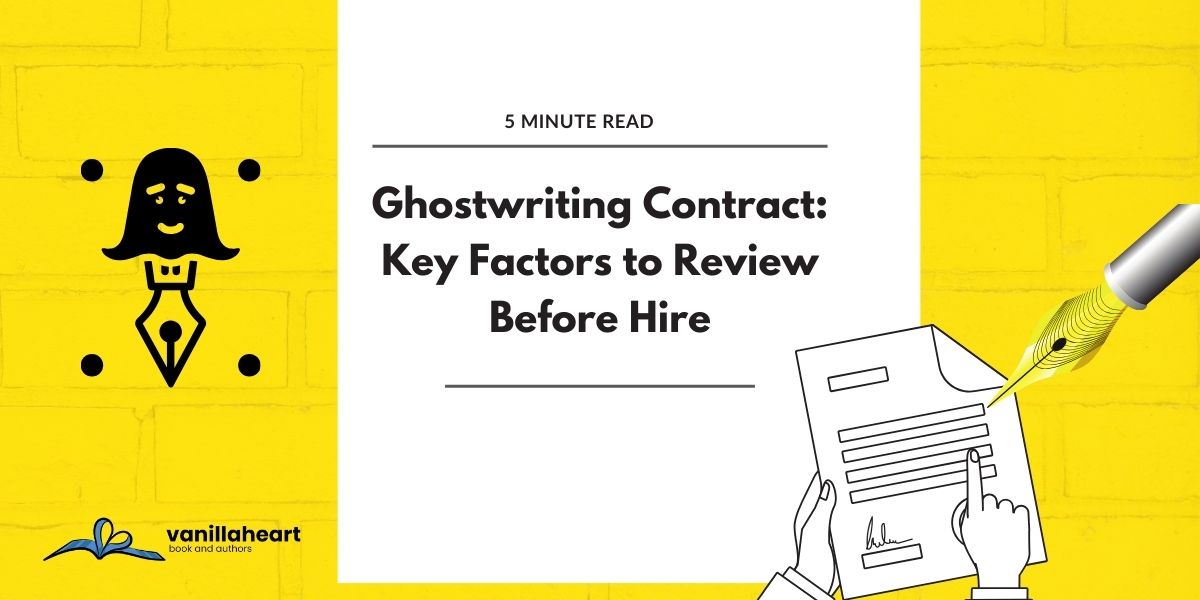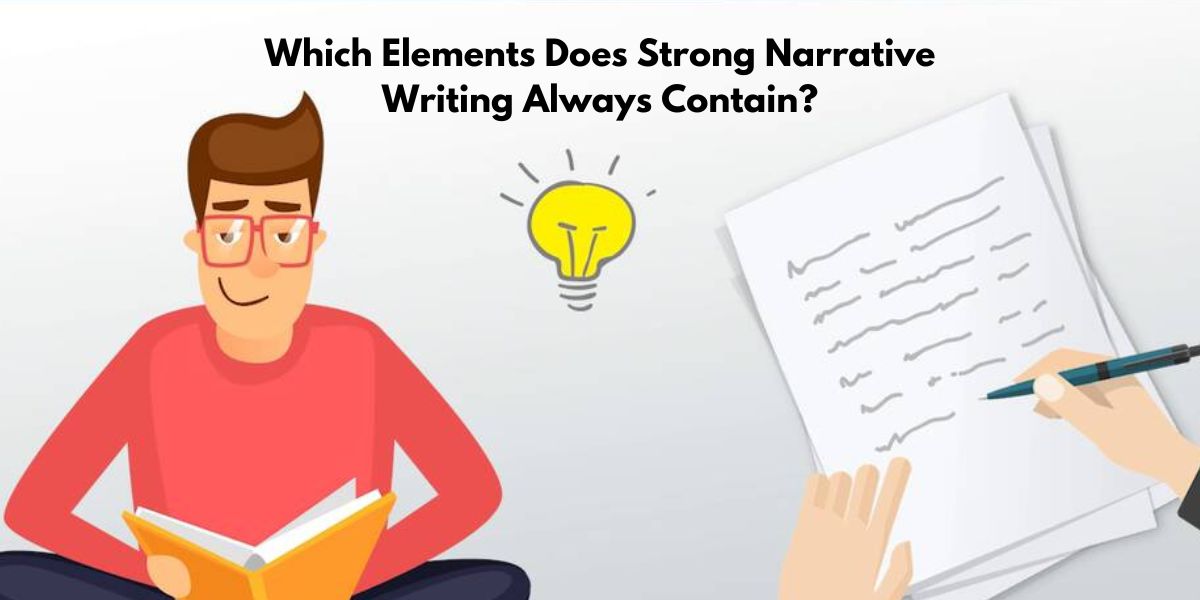
ghostwriting
Ghostwriters play a crucial role in helping individuals and businesses communicate their ideas and stories effectively. However, before you hire a business book ghostwriter to bring your vision to life, it is essential to understand the key factors that should be written in a ghostwriting contract. This article will guide you through the essential elements to consider to ensure a successful and transparent collaboration with your chosen ghostwriter.
Why should you do a contract when working with a ghostwriter?
A ghostwriting contract is legally binding between you and the ghostwriter. It makes sure that both of you know what both parties are supposed to do.
For example, if you hire a ghostwriter to write something for you, you might want to keep it a secret. You can ask the ghostwriter to sign a special agreement called a nondisclosure agreement (NDA). This agreement says that the ghostwriter can’t tell anyone else about your project.
Let’s say you gave the ghostwriter important information to write a paper for your digital marketing business. But the ghostwriter shares that information with another company. That’s not good! But if you have an NDA in place, you can use it to make the ghostwriter responsible for any harm they caused. So, ghostwriting contracts are like safety nets that protect you and your work when you hire a ghostwriter.
Key Element of Writing a Secure and Equitable Ghostwriting Contract.
The following are the key elements of writing a secure and equitable ghostwriting agreement:
Project Scope:
To start a writing project, it’s important to clearly explain what kind of writing it is and how long it will be. This helps the person who’s going to write it (the ghostwriter) understand how much time and resources they’ll need. It could be a book, an article, or an essay, and the type and length of the work will affect how much the writer charges for their service.
Author-Client Relationship:
When a writer and a client work together, they need to agree on how they’ll do it. This might involve meeting in person or talking on the phone or online. The agreement should say what each person is responsible for. Is the writer going to do all the research, or will the client provide some information? This helps them communicate well throughout the project.
Prices and Payment:
Writers should be clear about how they’ll get paid. The agreement should say exactly how much money the writer will get when they get it, and how they prefer to receive it. Typically, a cheap ghostwriting service receives an initial payment, and the rest comes after they finish the project. The total amount should cover all the time and work the writer puts into the project, not just the writing part.
Copyright and Keeping Secrets:
When the project is done, the client owns all the work, and it’s credited to them, not the writer. This is how ghost writing Phasmophobia works – the writer makes content, but someone else’s name goes on it. The agreement should make it clear that the client has all the rights to the work, and the writer gives up any other rights. Sometimes, the writer might get a share of the money if the work sells well. But this should also be part of the agreement.
Ending the Agreement:
The agreement should also say what happens if either the writer or the client wants to stop the project. Sometimes, they might not get along, or the project might change a lot. By having a clear way to end the agreement with a set fee, both sides can part ways without too much trouble. This means the writer gets paid fairly for the work they’ve done, even if the client isn’t happy with the results.
Avoid Employee-Like Terms:
Don’t make the ghostwriter work on a strict schedule (like a 9 to 5 job), ask them to wear a company uniform, or control every detail of how they work (like making them use a company computer). These things might make it seem like they’re an employee, not a freelancer. This is especially true for Twitter Ghostwriters as they used to ghost-handle the Twitter accounts at their leisure.
Be Clear and Keep Your Side:
Clearly state what are your requirements and what are your expectations from the ghostwriter. Also, make sure you fulfill your promises in the agreement. This helps keep a good relationship and ensures you’re following the law.
Consult a legal expert
Consulting a legal expert is a crucial step in the process of drafting, reviewing, or executing contracts to ensure that they meet all the necessary legal requirements and comply with applicable laws and regulations. This practice helps protect the interests and rights of all parties involved and minimizes the risk of potential disputes or legal consequences down the line.
Compliance with Laws and Regulations:
Laws and regulations vary greatly depending on the jurisdiction, industry, and nature of the contract. A legal expert can assess the specific context and ensure that the contract adheres to all relevant local, state, and federal laws. This may include contract law, consumer protection laws, antitrust laws, and more.
Protection of Rights and Interests:
Contracts are legally binding documents that define the rights and responsibilities of each party involved. Legal experts help ensure that the terms and conditions of the contract accurately reflect the intentions of the parties and protect their respective interests. This includes safeguarding promisee and promiser rights, confidentiality, and other intellectual property information.
Risk Mitigation:
Contracts often involve financial transactions, commitments, and liabilities. Legal experts can identify potential risks and liabilities associated with the contract and propose strategies to mitigate them. This proactive approach can prevent costly disputes and litigation in the future.
How a Ghostwriting Contract Can Protect a Ghostwriter?
Imagine you fiction ghostwriter for hire to write 500 words for your website and social media. They promise to write it and make changes twice in two weeks. You promise to check the work within five days and pay within five days if you like it.
Sometimes, you may get too busy and forget to check the work in five days. If this happens, the writers can ask you to pay within the next five days. If you don’t, they can legally ask for help from a mediator, arbitrator, or a court.
Conclusion
A well-crafted ghostwriting contract is the foundation of a successful partnership. It ensures that both parties understand their roles and responsibilities, leading to a smoother and more productive collaboration.


